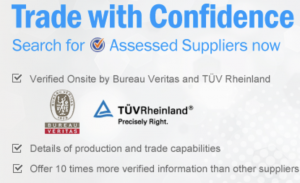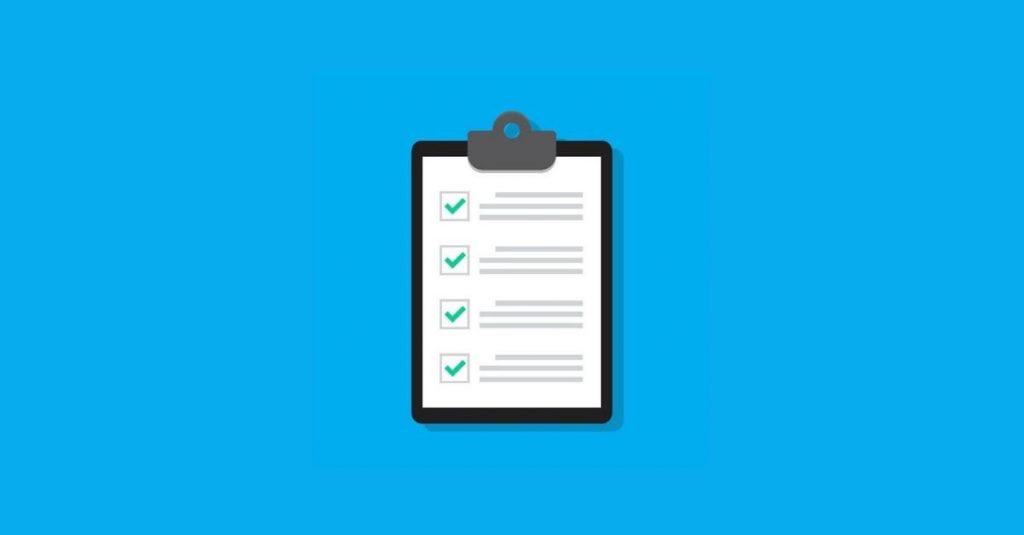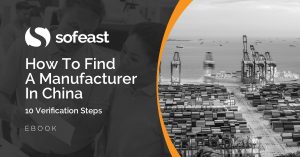About 10 years ago, I remember Global Sources was listing “verified suppliers”. Good idea. And their competitors followed suit, showing factory assessment reports and anything that can make buyers confident.
And I am not sure that has been a positive development, overall.
The basic principle to be aware of when buying factory analysis/verification
There is a basic principle that all buyers should be aware of:
When you are not paying for an analysis/verification, you can’t fully trust it.
For example, that principle is valid for lab testing/certifications reports that are provided by suppliers. There are many ways this can go wrong, but the most common ones are:
- The samples sent for testing are not the same as those made on the production lines (e.g. they have better components, a different internal design, they were pre-tested and only those that passed were sent to the lab, etc.)
- The testing laboratory is not accredited at all, or not accredited for that type of work.
Another example of that principle at work is an inspection report prepared by your manufacturer. Not always very credible.
Why to be cautious about ‘supplier assessments’
 And let’s get to the topic of this article: factory assessment reports designed to look like factory audits and avoid showing anything bad.
And let’s get to the topic of this article: factory assessment reports designed to look like factory audits and avoid showing anything bad.
Those so-called “supplier assessments” are prominently mentioned on Alibaba, Made-In-China, Global Sources, and others. These directories have retained the services of several of the largest auditing & testing companies to produce “factory assessment reports”.
As part of a marketing package, suppliers are given those reports, which are often useful in making buyers feel safer.
See for yourself in these examples
I downloaded a couple of examples:
- Sample report showed by Alibaba: AlibabatradingassessmentBV
- Sample report showed by Made In China: MICauditreportsample
Obviously, these tick-the-box “assessments” are done in a 1- or 2-hour visit to the factory. Their objective is to give inexperienced buyers more confidence in the supplier while mentioning nothing that might frighten a buyer away.
In other words, they are BS reports!
They are better than nothing (I expect the photos and the data to be accurate), but they are designed to give a false sense of security, even when a manufacturer or trader that sells substandard quality products is featured.
I am pretty sure that if I picked 100 of these “assessed suppliers” at random and audited them, at least 30 of them would get a bad score.
(As a side note, why are big companies like SGS taking part in these programs? They are getting visibility but I think they are hurting their credibility. As Ries & Trout noted in 1980, “Richard Nixon may be the most famous politician name in the World. But almost any nobody could beat him”, because everybody saw him as a liar. For the same reason, I wouldn’t put my company’s logo on BS assessment reports…)
Here are my notes about one of these factory assessment reports
I recently reviewed such a report, and here are some of my notes:
- The word “Verified” is shown prominently. It only means the supplier exists and has a real business license…
- I am nearly sure a lot of the information is pre-filled by the supplier. It includes commercial information (e.g. how fast they respond to inquiries, whether they have an overseas showroom…), which only reinforces my point: this is a document intended as marketing collateral, not for screening potential suppliers.
- The in-house testing devices are far from sufficient for properly testing the products they sell. There should be a remark about that in the report.
- Product certifications are mentioned, but they seem not to have been checked. For example, I found that the certification is issued by a lab that is not on the list of approved certification bodies for that scheme. That only took a few minutes to find out…
- The quality system is reviewed in a way that ensures nothing bad is reported. There are no comments. If the assessor thinks it is “adequate” and “acceptable”, he ticks a “yes”. There is no standard to indicate what can be deemed adequate…
In summary, a potential customer will have no idea what quality standard the factory follows, what their average defect rate is, what their on-time shipment performance has been, and other important pieces of data.
It’s a similar story with Alibaba Gold Suppliers
A few years ago, I wrote An Alibaba Gold Supplier Status Doesn’t Mean Anything, and it included these statements:
A terrible factory that increases prices at the last minute and delivers substandard quality can be “gold supplier”.
A couple of people setting up a trading company and renting an office can be “gold supplier”.
I keep getting regular emails from upset importers who complain of how their “Gold Supplier” did a horrible job. So, I am wondering, has the situation improved at all?
Are you wondering how to find a manufacturer in China who is well-suited to your needs and can also deliver on their promises?
My company Sofeast has developed 10 verification steps to help you find the right manufacturer. They’re shared in this FREE eBook: “How To Find A Manufacturer In China: 10 Verification Steps.”
It covers:
- Background checks
- Manufacturing capabilities
- Quality system auditing
- Engineering resources
- Pricing, negotiation, & contracts
- …and much, much more
Just hit the button below to get your copy:



Gold supplier means a factory that brings gold to Alibaba. That is all. And we all know how Alibaba stole gold from thieves.
Haha… Yes, the choice of “Alibaba” as name does make it easy to make jokes that are not always very far from the truth.